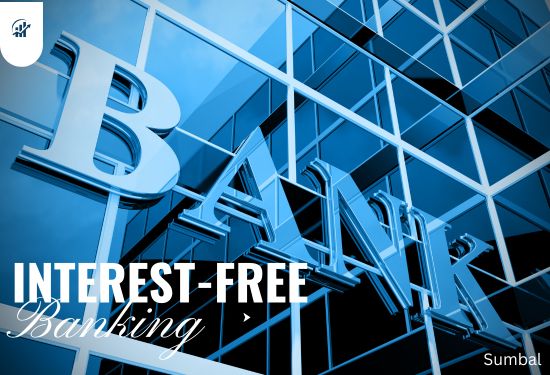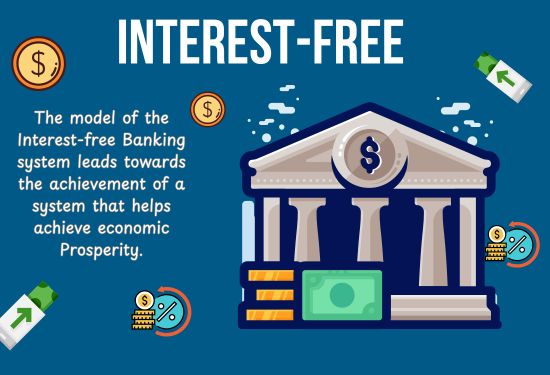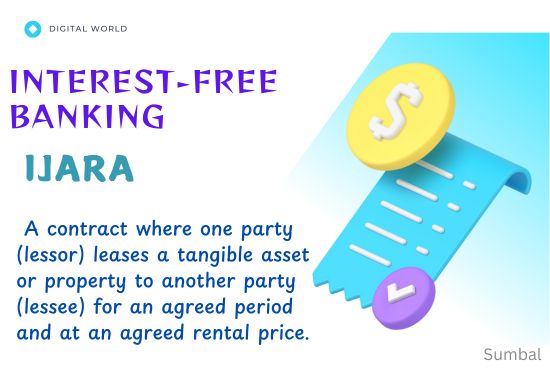The Role of Interest-Free Banking in Modern Financial Systems
Interest-free banking, popularly called Islamic banking, is developing fast in modern banking systems. Based on Islamic laws called Shariah, this system bans loans or earnings of interest (riba) on financing transactions. However, it depends on profit-sharing, risk-sharing, and asset-backed financing, respectively. With the mounting global focus on ethical and socially responsible finance, interest-free banking is appreciated for its latent abilities to complement traditional, modern banking structures.

Principles of Interest-Free Banking
Interest-free banking differs from typical banking in that it operates on many core principles:
Prohibition of Interest
It is prohibited to charge or register interest. However, innovation involves risk sharing and compensation between the bank and the clients, in which they agree to split the profits and losses for the investment made.
Asset-Backed Financing
All consummated transactions must be directly related to some asset or service. This requirement reduces uncertainty and makes finance more reliable, as credit creation is closely connected with real-sector operations.
Risk Sharing
Interest-free banking attempts to do business as far as borrowing is concerned as mutual risk between the bank and the customer. For instance, in the profit and loss sharing agreement between the bank and the client, both parties are exposed to income-generating project risk.
Ethical Investment
It is impossible to justify investments in industries regarded as negative or unethical, including gambling, alcohol, or tobacco. This safeguards banking procedures so that other entities and individuals adhere to ethical propriety and social responsibility.

Interest-Free Banking Models
Interest-free banks use a variety of financial instruments made to adhere to these guidelines:
Murabaha
Murabaha trade involves buying an asset at one price and selling it at another at a markup price agreed upon by the bank with the client. The client regularly pays back the bank, and the profit margin is predetermined at the beginning of the process.
Mudarabah
It is a profit-splitting venture in which one party contributes funds and the other supplies management skills. The profits are divided proportionately to their fixed ratio, whereas losses are suffered only on the capital invested.
Ijara
Like leasing, the bank acquires an asset and then sells its use to the client. If the lease period has been agreed upon, the title may be passed over to the client at the end.

Benefits of Interest-Free Banking in Modern Finance
Interest-free banking has a number of benefits that can improve modern financial systems.
Economic Stability
Interest-free banking also limits risk-based speculation since the transactions involve backing up assets, promoting stability in the economy. This reduces the price fluctuations observed in other financial markets, as the concentration is on physical goods.
Financial Inclusion
Interest-free banking benefits the population who cannot or will not use traditional banking because of their beliefs or moral principles. Therefore, it increases customers’ money access more or less across the globe, particularly within the Muslim markets and individuals looking for halal banking services.
Promoting Ethical Investments
Interest-free banking is an ethical investment in socially constructive projects. It is an organized ethical investment in socially constructive projects. This comes in handy, especially for investors who have realized that it’s time to consider Ecological, Societal, and Governance (ESG) factors.
Risk Mitigation
To minimize the problem of defaults, interest-free interest banking also shares risks with customers so that banks and customers have incentives to be careful, select projects carefully, and avoid bad credit.
(Writer:Ganny)





